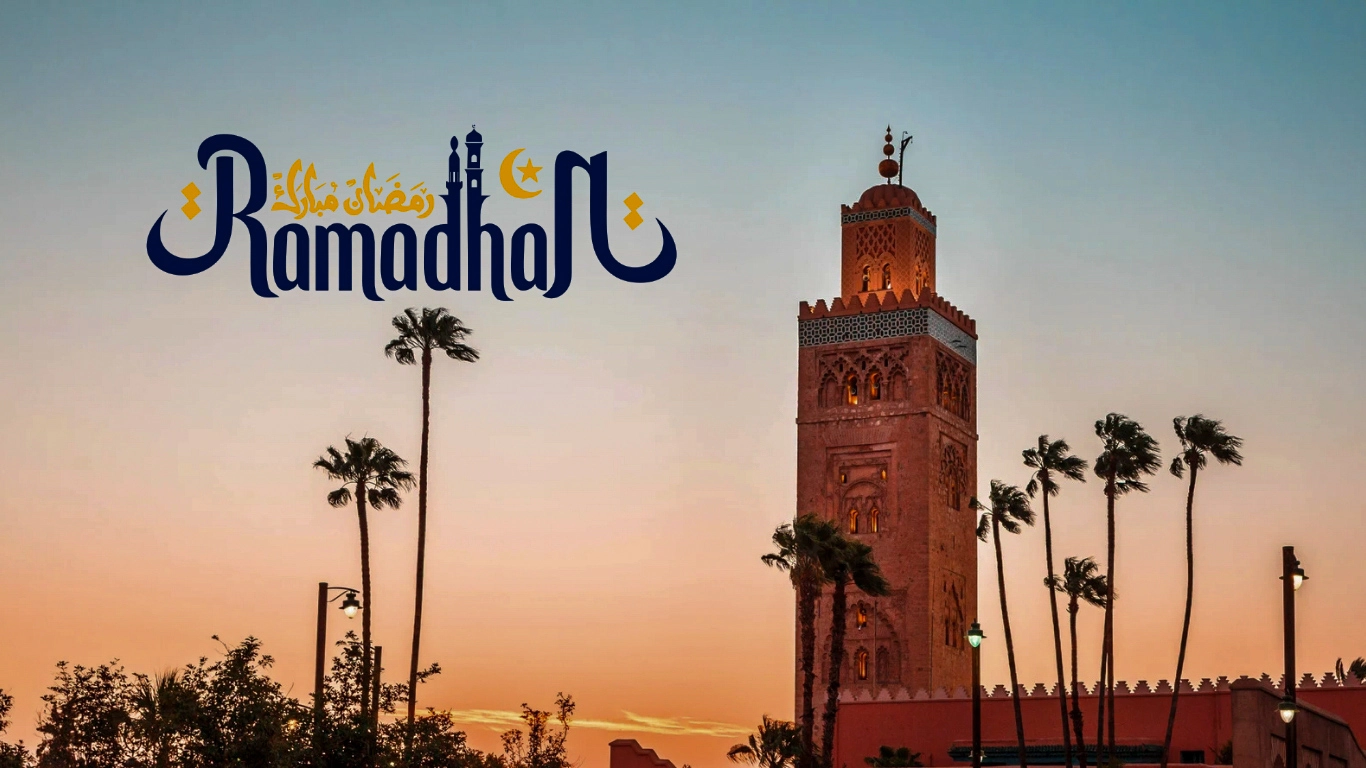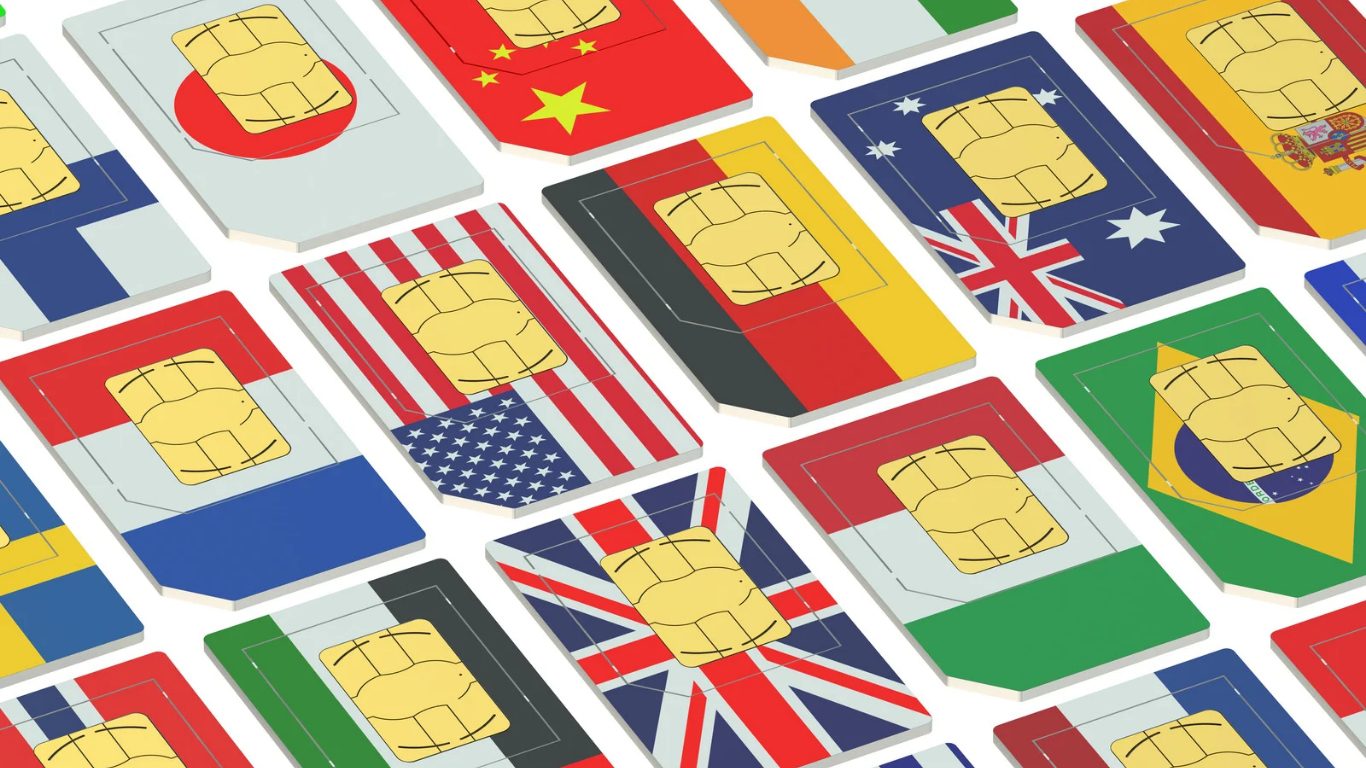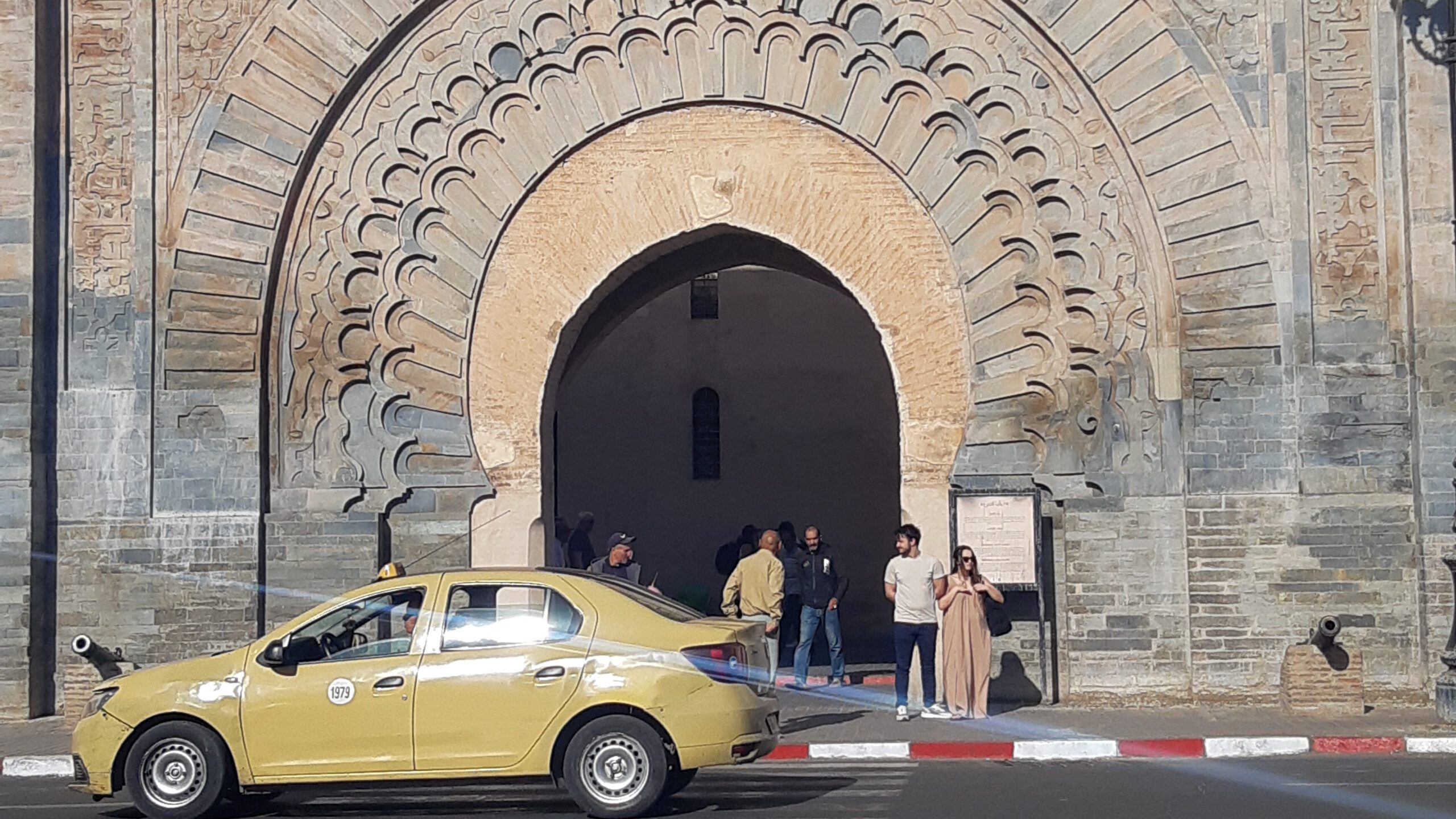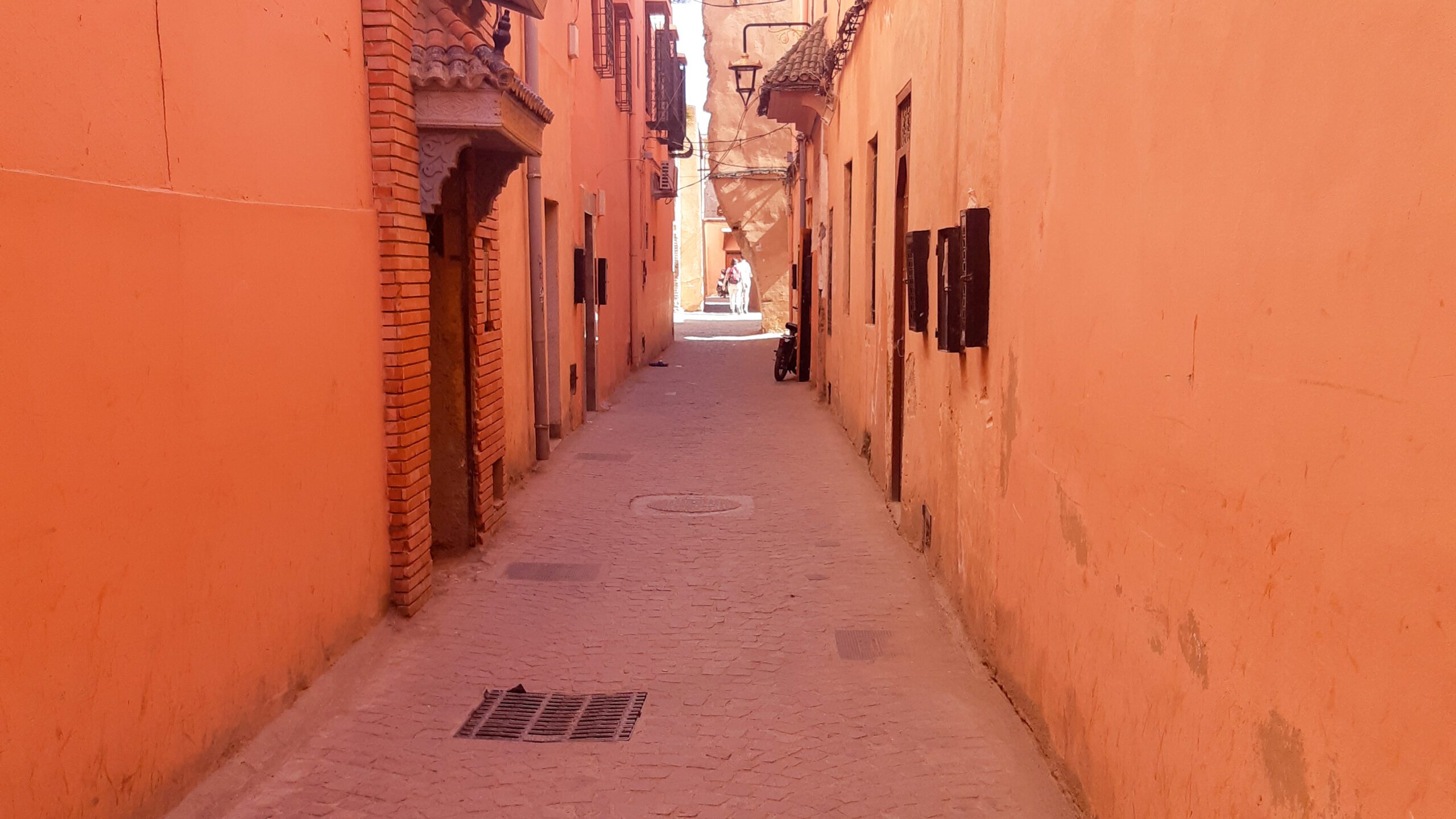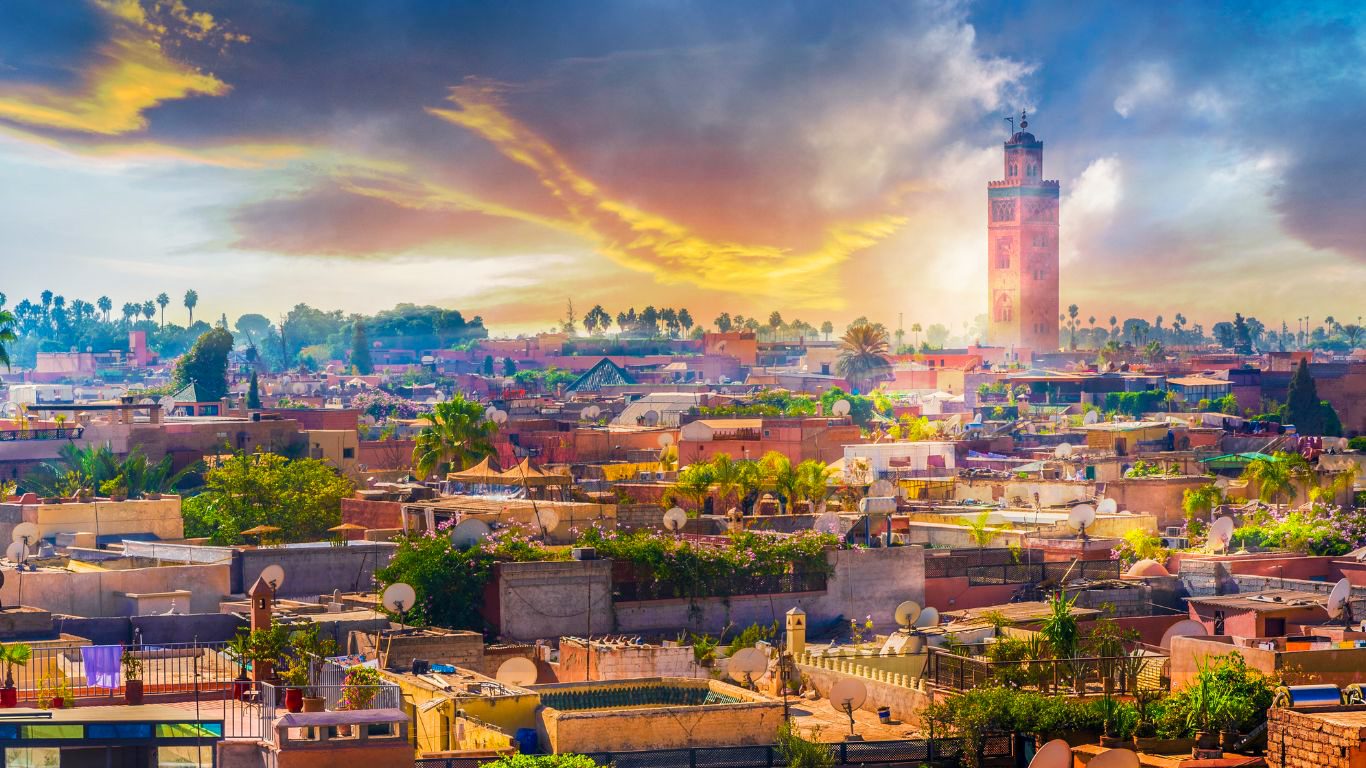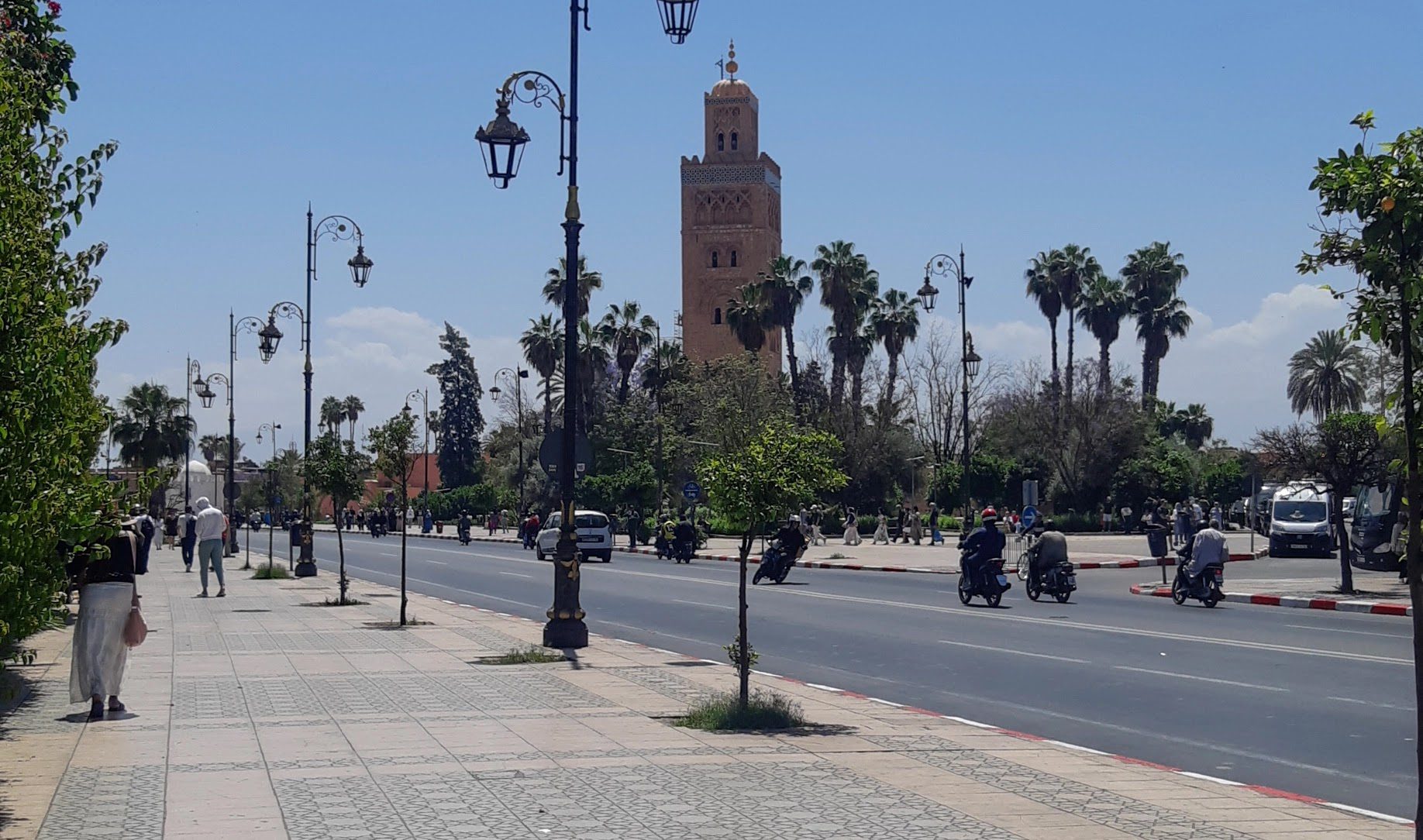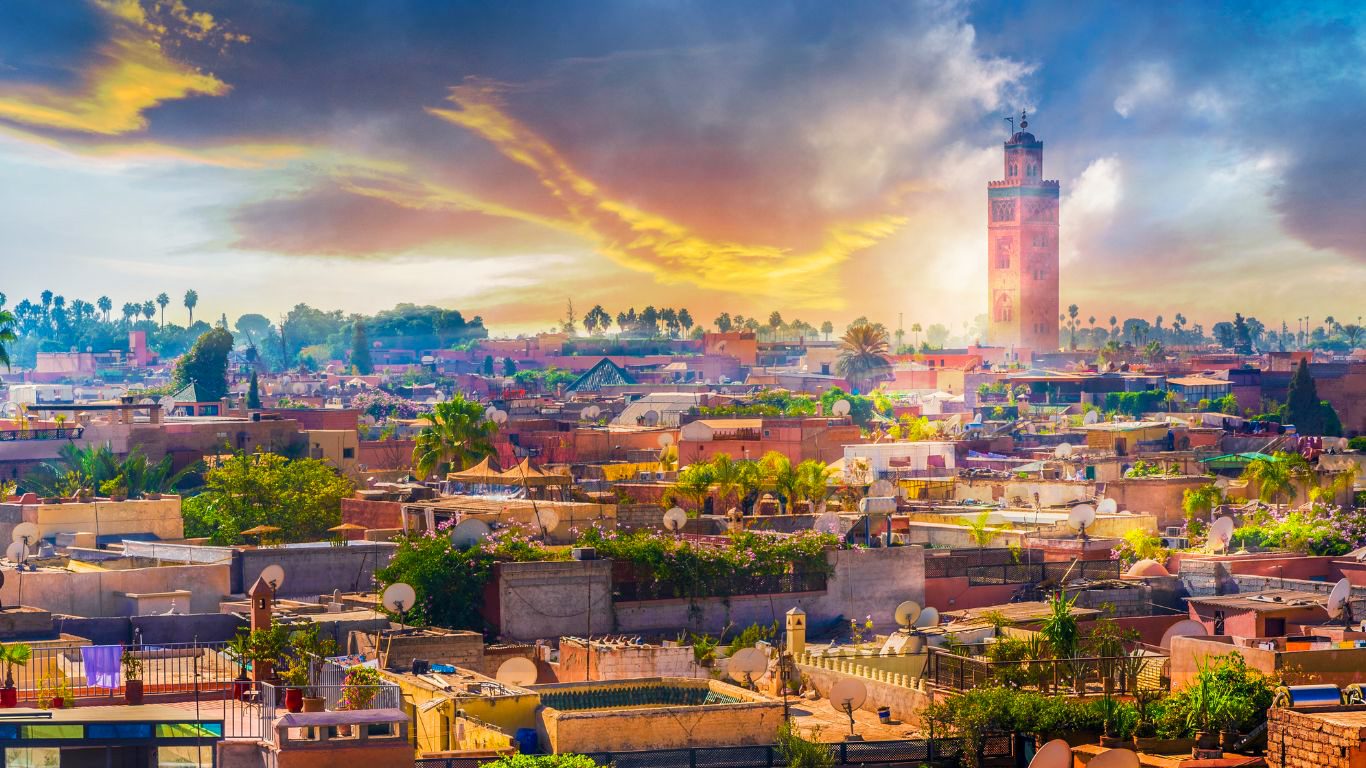Living Ramadan in Marrakech 2026: Unforgettable Spiritual Moments Await!
Welcome to the vibrant city of Marrakech, where the bustling markets and intricate architecture are just a few of the things that make this destination so enchanting.
As a local who has lived in Morocco my entire life, I bring firsthand experience of how Ramadan is observed, including the traditions, meals, and communal spirit during this special month.
As Ramadan approaches, a special energy fills the air as locals and visitors alike come together to observe this sacred month of fasting, prayer, and reflection.
Join us on a journey through the unique traditions and experiences that make Ramadan in Marrakech truly unforgettable.
What is Ramadan?
Ramadan is the month during which the Quran was revealed to the Prophet Muhammad, making it the holiest month of the year.
It falls in the ninth month of the lunar calendar, meaning its dates change annually according to the lunar cycle.
In 2026, Ramadan will begin on Friday, February 17, and end on March 21.
During this sacred month, Muslims fast from dawn until sunset, abstaining from food, drink, and intimacy.
Ramadan is a time for drawing closer to God and emphasizes the importance of fasting for those physically able, as it is one of the five pillars of Islam.
Most Muslims feel a sense of gratitude during this month, as fasting enhances their appreciation for the blessings granted by God and fosters empathy.
In addition to fasting, helping the poor, feeding the homeless, and donating to charity are common practices during Ramadan.
Best Services for an Unforgettable Trip
Airport Transfers
Private and comfortable transfers for the same price as a taxi — just $15!
Book NowSuhoor: The Beginning of Ramadan with a Special Meal
The first moments of Ramadan begin with the Suhoor meal, eaten about an hour before dawn.
The dishes served at Suhoor vary, focusing on foods that help boost endurance, such as complex carbohydrates and proteins.
Foods like dates, bananas, and fruits are essential for fasting individuals, providing the energy needed to face a long day of fasting.
What Happens During the Day in Ramadan?
During the day of Ramadan, tourists in Marrakech experience something unique.
The atmosphere is calm as most residents observe fasting, giving the city a distinct character.
Some shops and restaurants close during the day, but visitors can enjoy exploring tourist attractions like traditional markets and museums, which remain open to welcome guests.
If you’re looking for a place to stay in Marrakech during this peaceful time, many options—from boutique riads to modern hotels—remain available.
For tourists, this atmosphere is a great opportunity to engage with local culture and understand the significance of Ramadan in Moroccan life, providing a rich and inspiring experience.
Iftar: A Moment for Family Gatherings and Ramadan Celebrations
After a long day of fasting, the joy of Iftar arrives, one of the most anticipated moments of Ramadan.
Families and friends gather around the Iftar table, where joy and happiness fill the air, renewing family and social bonds after a long day of fasting.
The Iftar meal is special, featuring a variety of traditional dishes that represent Moroccan heritage, such as Harira, dates, Chebakia, and briouats.
The Ramadan atmosphere adds a unique touch to the Iftar meal, with tables adorned with all kinds of food, creating a festive ambiance.
Iftar is an opportunity for connection and celebration, with friends and neighbors invited to share this moment.
Celebrations often take place in public squares, where people gather to break their fast together, adding a communal spirit to the occasion.
If you’re staying at a hotel in Marrakech, many offer special Iftar menus or rooftop dining experiences overlooking the Medina.
For tourists, the Iftar experience in Marrakech is unique, allowing them to immerse themselves in Moroccan hospitality.
You can participate in Iftar with local families or head to restaurants that offer traditional Iftar meals.
It’s worth noting that real cannons and sirens are fired before Iftar and Suhoor as a signal, so there’s nothing to fear.
Taraweeh Prayer: Spirituality and Worship in Ramadan Nights
Taraweeh prayer is one of the most prominent Ramadan practices that Muslims are keen to perform after the evening prayer.
This prayer takes place in mosques and is characterized by its special spiritual atmosphere that enhances the sense of belonging and connection between man and his Creator.
Taraweeh prayer creates a unique ambiance during Ramadan nights.
Worshippers gather in mosques, where dim lighting creates a sense of tranquility and calm.
The prayer is held in groups, allowing worshippers to connect and exchange greetings and friendly conversations before starting the prayer.
For tourists, Taraweeh prayer offers a unique experience.
You can join worshippers in mosques, enjoy the spiritual atmosphere, and participate in this act of worship, providing you with a direct opportunity to learn about Islamic culture and witness how Muslims express their faith during this month.
Night Market Atmosphere
After Iftar, the markets transform into vibrant places.
Night markets offer a variety of delicious Ramadan dishes.
Here, visitors can taste different foods and enjoy live music and cultural performances held in public squares.
For those staying in affordable riads near Jemaa el-Fnaa, this lively scene is just steps away.
For tourists, visiting the markets during Ramadan is a unique experience. You can enjoy shopping, tasting traditional foods, and interacting with local vendors.
This atmosphere allows you to get to know Moroccan culture up close and see how Moroccans celebrate their traditions during this holy month.
Frequently Asked Questions about Ramadan in Marrakech
Is it disrespectful to eat or drink in public during Ramadan in Marrakech?
Not forbidden, but it’s considered impolite. Discretion is appreciated.
What should I wear during Ramadan in Marrakech?
Dress modestly — shoulders and knees covered — especially in public areas.
Is it okay to smoke in public during Ramadan?
Technically allowed for non-Muslims, but it’s best to avoid it out of respect.
What are the opening hours of shops during Ramadan in Marrakech?
Shops often open late (11 AM–3 PM), close for Iftar, then reopen till midnight or later.
What are the opening hours of shops during Ramadan in Marrakech?
Shops often open late (11 AM–3 PM), close for Iftar, then reopen till midnight or later.
Are tourist attractions open during Ramadan in Marrakech?
Yes, but with shorter hours. It’s best to check ahead.
Can I visit museums and gardens during Ramadan?
Yes, most remain open but with limited hours.
Are restaurants open during Ramadan in Marrakech?
Many are closed during the day, but open after Iftar. Hotels usually continue to serve all day.
Where can tourists eat during the day in Ramadan in Marrakech?
In hotels, some tourist-friendly cafés, or private riads.
Are cafes open before Iftar in Marrakech?
Some open just before Iftar, especially those near tourist areas.
Can non-Muslims eat in public during Ramadan in Marrakech?
It’s not illegal, but it’s respectful to avoid eating/drinking openly in public spaces.
Conclusion
In conclusion, Ramadan in Marrakech is a truly unique and special experience that offers visitors a glimpse into the rich traditions and culture of Morocco.
From the bustling markets to the serene atmosphere of the mosques, there is no shortage of opportunities to immerse yourself in this sacred month.
Whether you are fasting alongside locals or simply taking in the sights and sounds of this vibrant city, Ramadan in Marrakech is sure to leave a lasting impression on all who experience it.
So next time you find yourself in Morocco during this holy month, be sure to embrace all that Ramadan in Marrakech has to offer – you won’t be disappointed!

